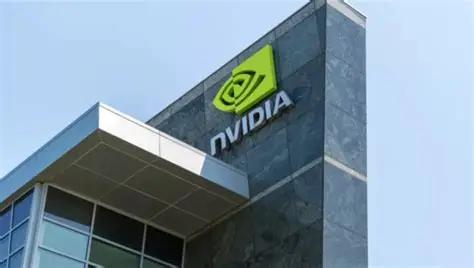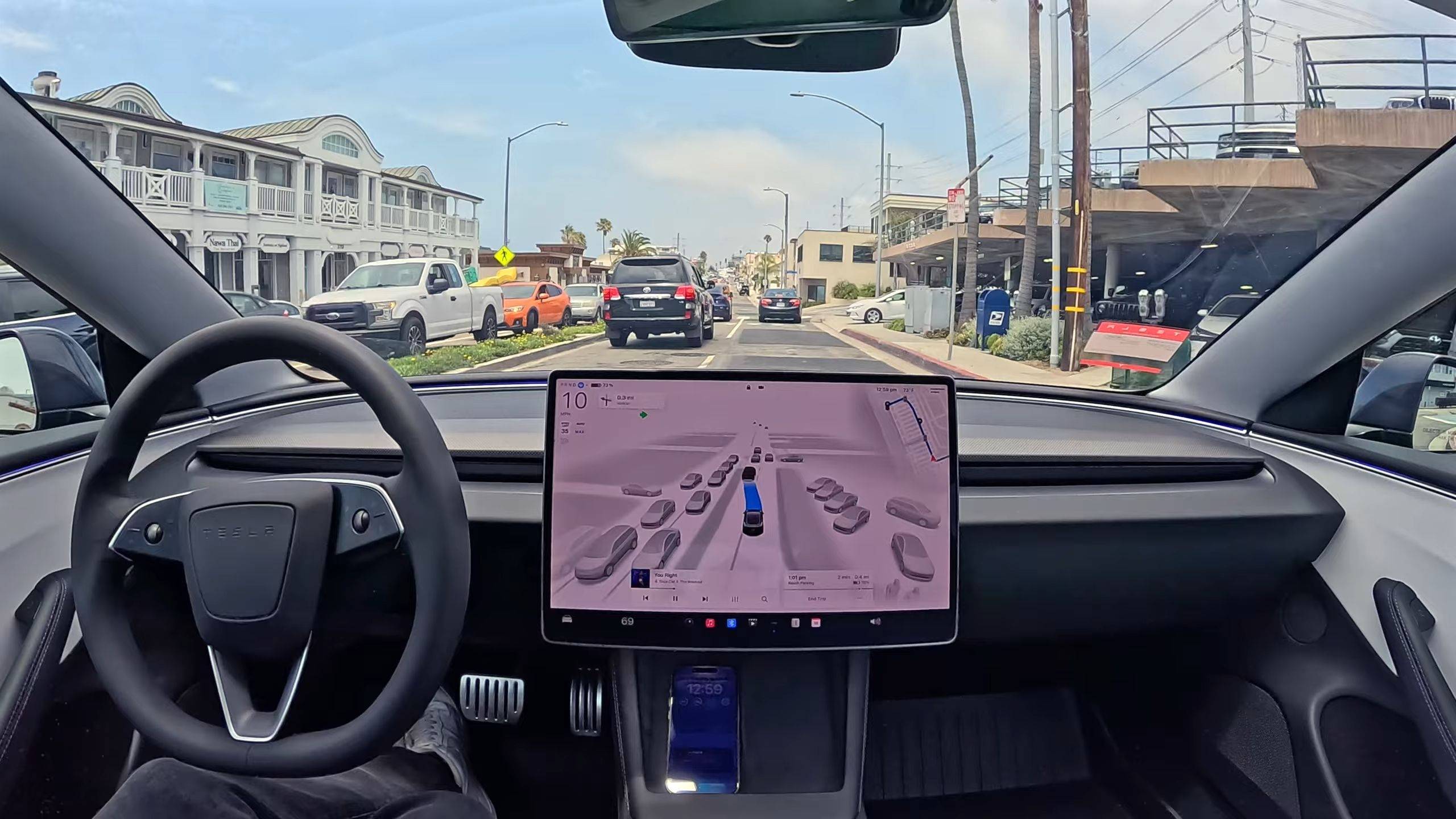
On November 11 local time, Nvidia's market value evaporated by 143.1 billion US dollars (approximately 1,018.6 billion yuan) in a single day. This chip giant, which had just reached a market value of 5 trillion US dollars, suddenly suffered a sharp decline. Meanwhile, Japanese investment giant SoftBank Group quietly sold off all of its NVIDIA shares, just over a year after the company's founder Masayoshi Son publicly stated that he regretted selling his NVIDIA stocks.
Nvidia, once hailed as the engine of the AI revolution, is now being shackled by the market with a heavy "perfectionism" label. When the fate of a company is deeply intertwined with the pulse of the entire technology industry, any minor flaw can trigger a storm.
The irony of this sharp drop lies in the fact that it is not due to poor performance. On the contrary, Nvidia has delivered a financial report that can be described as outstanding. Quarterly revenue reached 46.743 billion US dollars, up 56% year-on-year, even slightly exceeding market expectations. The problem lies in a minor detail - the revenue from the data center business was 41.1 billion US dollars, 200 million less than the market expectation of 41.3 billion US dollars.
This $200 million gap, which is almost negligible in a business worth over $40 billion, instantly pierced the extremely sensitive nerves of the market. Just as an investor put it metaphorically: "It's like you got 98 points, but everyone expected you to get 100 points, and the result was still disappointing."
The root cause of Wall Street's such strict scrutiny of Nvidia's performance lies in the fact that its huge market value of up to 4.3 trillion US dollars has been deeply intertwined with the entire US stock market and even the US economy. Nvidia accounts for 8% of the total market capitalization of the S&P 500 index, a proportion that has surpassed that of any company it has tracked over the past 35 years. This unprecedented concentration has led to the trend of the entire US stock market increasingly being dependent on NVIDIA's "mood".
Ironically, this is not the first time SoftBank has sold off all its holdings in NVIDIA. In 2019, it chose to sell off all its holdings for 7 billion US dollars, missing out on the super dividend when the company's market value soared from 100 billion to 4 trillion US dollars. Nowadays, this investment institution that primers on its foresight has once again chosen to exit the market, which can't help but raise questions about the consistency of its investment strategy.
The deeper challenge lies in the fact that the driving force of the US economy is undergoing a historic change: the "burning money" craze triggered by the construction of AI data centers is replacing traditional household consumption and becoming the biggest engine driving economic growth. According to the estimation of Renaissance Macro Research, since 2025, the contribution of AI data center spending to the growth of the US GDP has exceeded that of consumer spending, which is the first time in history.
Most of the AI-related expenditures have flowed to NVIDIA. Alphabet, Microsoft, Meta and Amazon have announced that they will collectively invest 400 billion US dollars in capital expenditure this year, with the majority of it going to the construction of AI infrastructure. Nowadays, market doubts about the sustainability of Nvidia's growth have raised concerns about the overall economic momentum of the United States.
In addition to market sentiment fluctuations, Nvidia is also confronted with severe geopolitical challenges. The US government's continuous tightening of semiconductor export control regulations has raised concerns about its short-term growth prospects. It should be noted that the Chinese market once accounted for nearly 20% of its data center revenue. This concern has translated into actual financial implications. Nvidia expects a quarterly revenue loss of 8 billion US dollars, and its market share in China has plummeted from 95% to nearly zero.
Meanwhile, a survey released by Bank of America in November revealed that 54% of institutional investors now believe there is a bubble in AI stocks, highlighting the growing skepticism about whether large-scale investment in artificial intelligence can bring expected returns. The reminder from Florian Ielpo, the head of macro research at Longao Investment Management Company, still rings in our ears: Competitive advantage in the field of artificial intelligence is measured "on a weekly basis, not even on a monthly or annual basis".
In this roller-coaster-like market fluctuation, some investors have tried to remain calm. An investor who has held NVIDIA stocks since 2023 said, "Since Trump took office, the overall volatility of the US stock market has intensified, and investors can easily be carried away by emotions." He believes that Nvidia's recent decline is more of an overreaction of the market. Another investor who bought NVIDIA when the stock price was around $70 said that despite the stock price fluctuations, she still has a positive outlook on NVIDIA's long-term growth potential and plans to "buy in batches when the price is low".

According to the foreign media The Verge, recently, Tesla CEO Elon Musk's goals in the field of fully autonomous driving (FSD) have once again fluctuated.
According to the foreign media The Verge, recently, Tesla C…
In early 2026, Greenland along the North Atlantic coast bec…
Recently, the century-old American high-end department stor…
Recently, the U.S. stock market has appeared turbulent amid…
Recently, the largest private equity firm in South Korea, M…
In early 2026, after the Trump administration detained Vene…